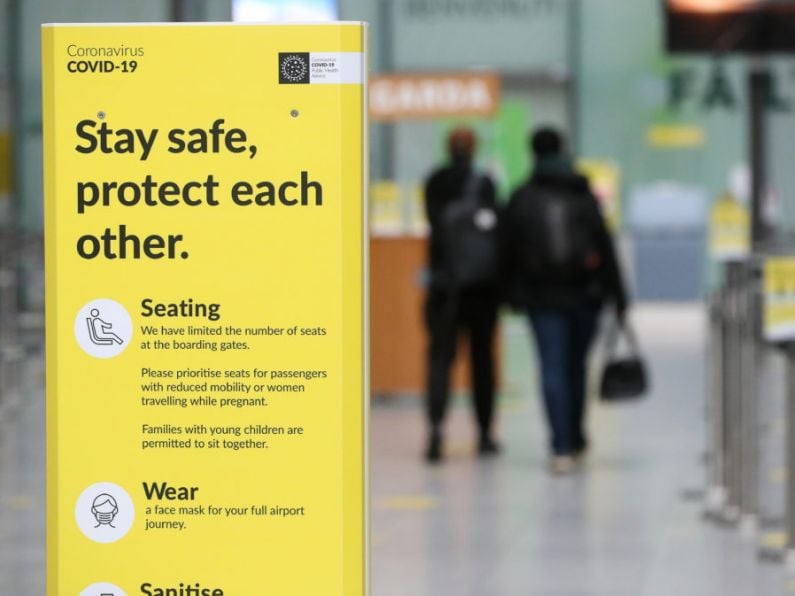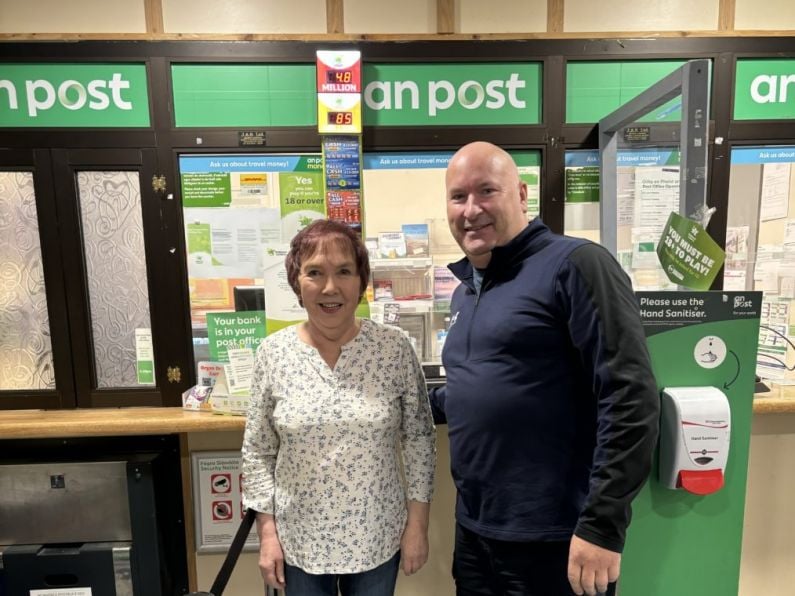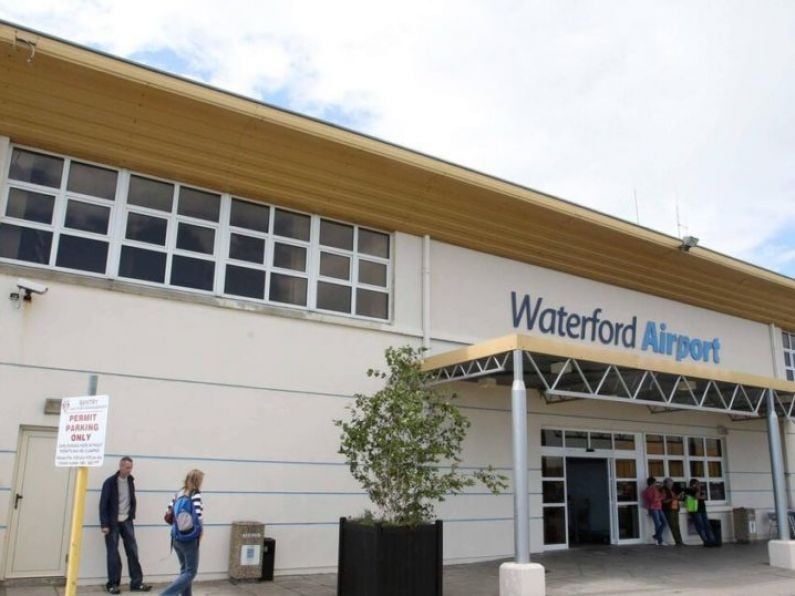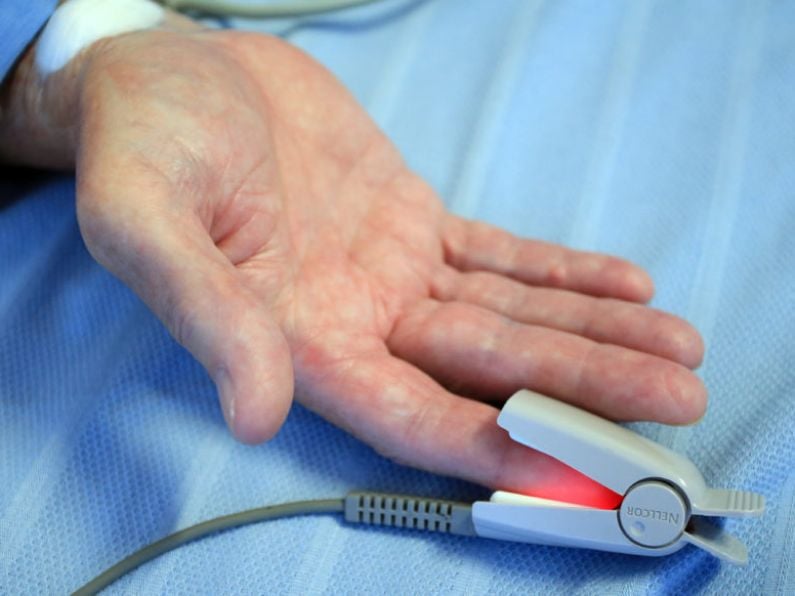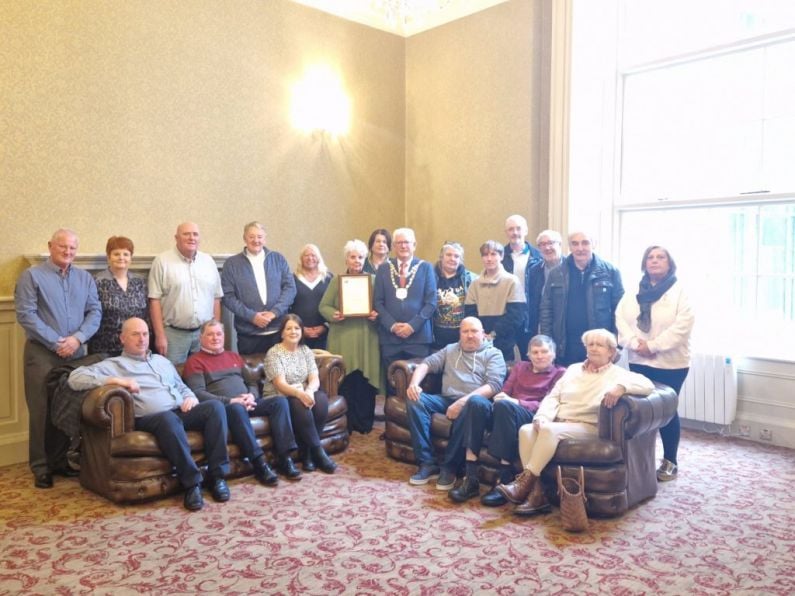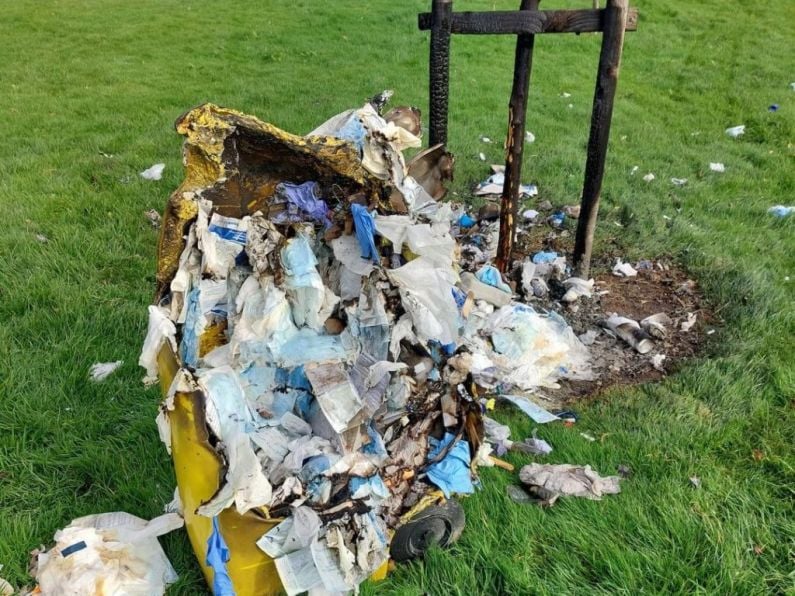A further 5,471 new cases of Covid-19 have been confirmed as the Cabinet has approved a range of new measures in a bid to address the current Covid-19 situation.
As of Tuesday morning, there were 579 patients with Covid-19 in hospital, of which 122 were in ICU.
According to the Government, the Covid-19 situation in Ireland remains "uncertain and of concern", with additional uncertainty added due to the new Omicron variant.
"Incidence of the virus is relatively stable but remains at high levels across all age groups and is continuing to have a significant and sustained impact across all aspects of the health service," the Government said in a statement.
Although there is some evidence of reduced socialisation, further measures are being introduced to lower the rate of transmission.
New measures for children
Socialisation among children is one of the major areas being addressed by the Governments new measures.
Approved at Tuesday's Cabinet meeting was the National Public Health Emergency Team recommendation that children aged nine and over wear masks in school, on public transport, in retail settings and other indoor environments.
This new recommendation is temporary and will be reviewed in February next year.
As well as mask wearing, the Government has also asked for parents to reduce the amount of socialising for their children aged 12 and younger.
Parents are being asked to prioritise their children’s activities to what matters most to them in bid to minimise indoor gatherings in the run-up to Christmas.
This includes, avoiding where possible, nativity plays, sleepovers, indoor parties, and play dates.

Dr Tony Holohan said he is hopeful the new measures will make a difference. © PA Wire/PA Images
Speaking about the latest measures, Dr Tony Holohan said they are not what people want to hear at this time of year.
"Our priority continues to be to minimise risk and protect as many people as possible from severe illness," Dr Holohan said.
"In a very short period of time, we have seen a significant and rapid deterioration in the epidemiological situation, in the as-yet-unvaccinated 5 – 11-year-olds.
"This has resulted in a sharp increase in incidence in this age group," he added.
"These measures are not what any of us want to hear, particularly at this time of year. We know that it adds an additional burden at what has been a very difficult time for all of us, particularly those with young families."
"I am hopeful that if we all make a concerted effort to follow these measures for at least the next two weeks, we can make a real difference to incidence of disease in this cohort and in the wider public"
International travel
With the new Omicron variant causing some level of uncertainty, the Government has also approved new measures relating to international travel.
From Friday, people arriving in Ireland from overseas who have been vaccinated or recovered from Covid-19 will be required also to have a certified negative test.
Furthermore, air and sea carriers will be required to carry out pre-boarding checks for compliance at all ports and airports.
These new measures have been approved for a minimum of two weeks and will be reviewed and removed as soon as possible.
Mandatory hotel quarantine
As reported in The Irish Times, the Government will move to put new emergency legislation through the Oireachtas next week to deal with the latest surge of Covid-19.
On Thursday, a Bill to reintroduce mandatory hotel quarantine will be brought to the Dáil. The Government is expecting the Bill to pass at all stages of the legislative process.
The reintroduction of mandatory hotel quarantine has been on the Governments' agenda since the identification of the new highly transmissible Omicron variant of Covid-19 in South Africa last week.
A second Bill is also planned to be introduced on Friday to extend emergency Covid-19 powers where the Minister for Health is allowed to make regulations without recourse to parliament.



